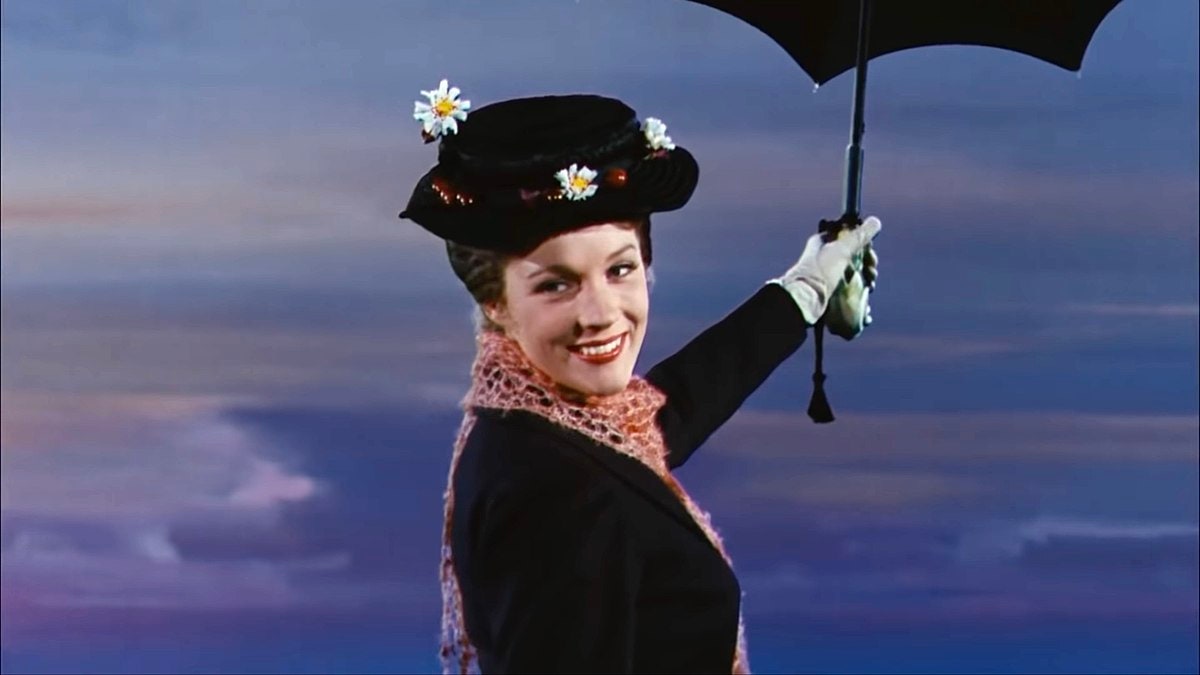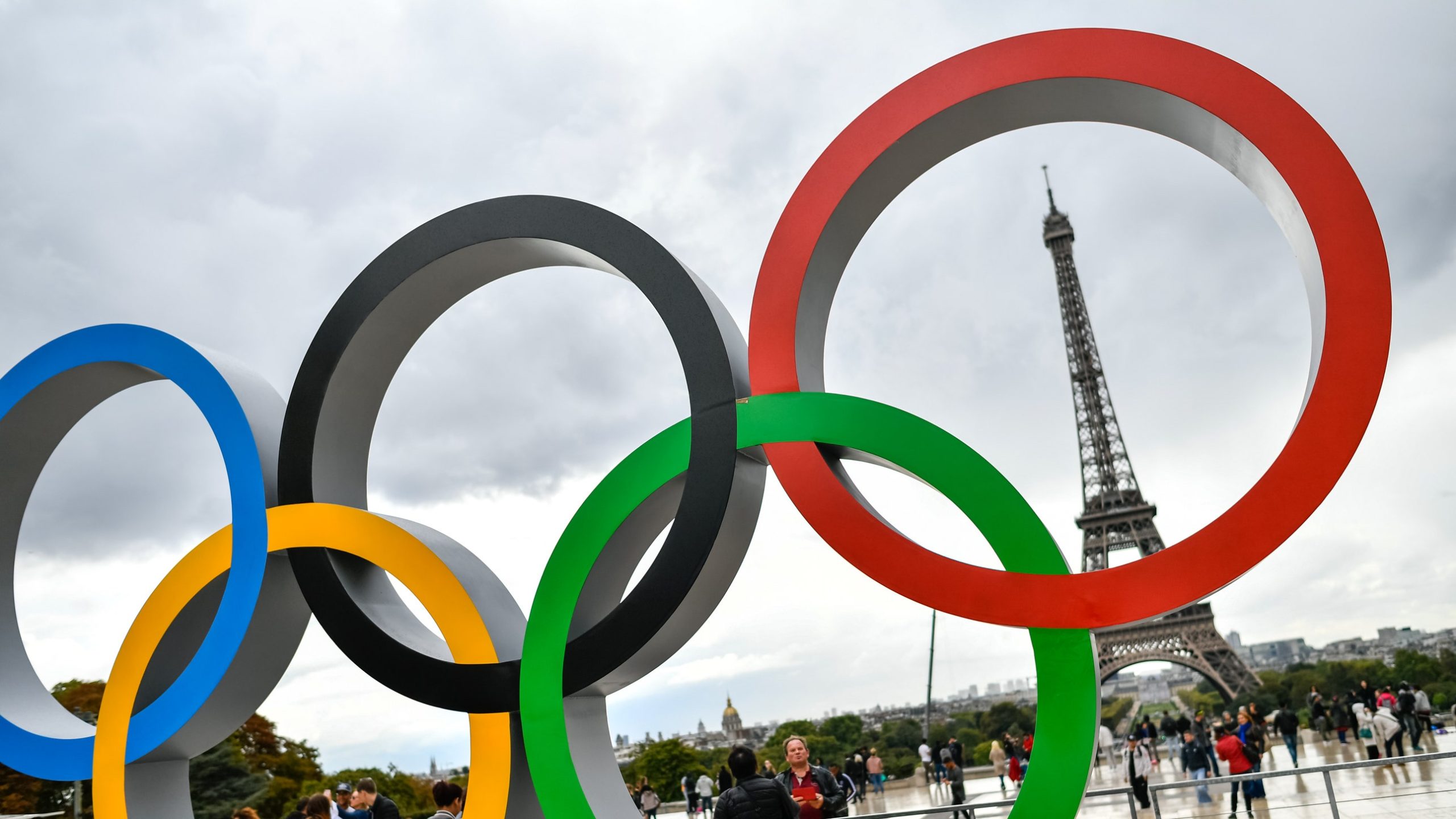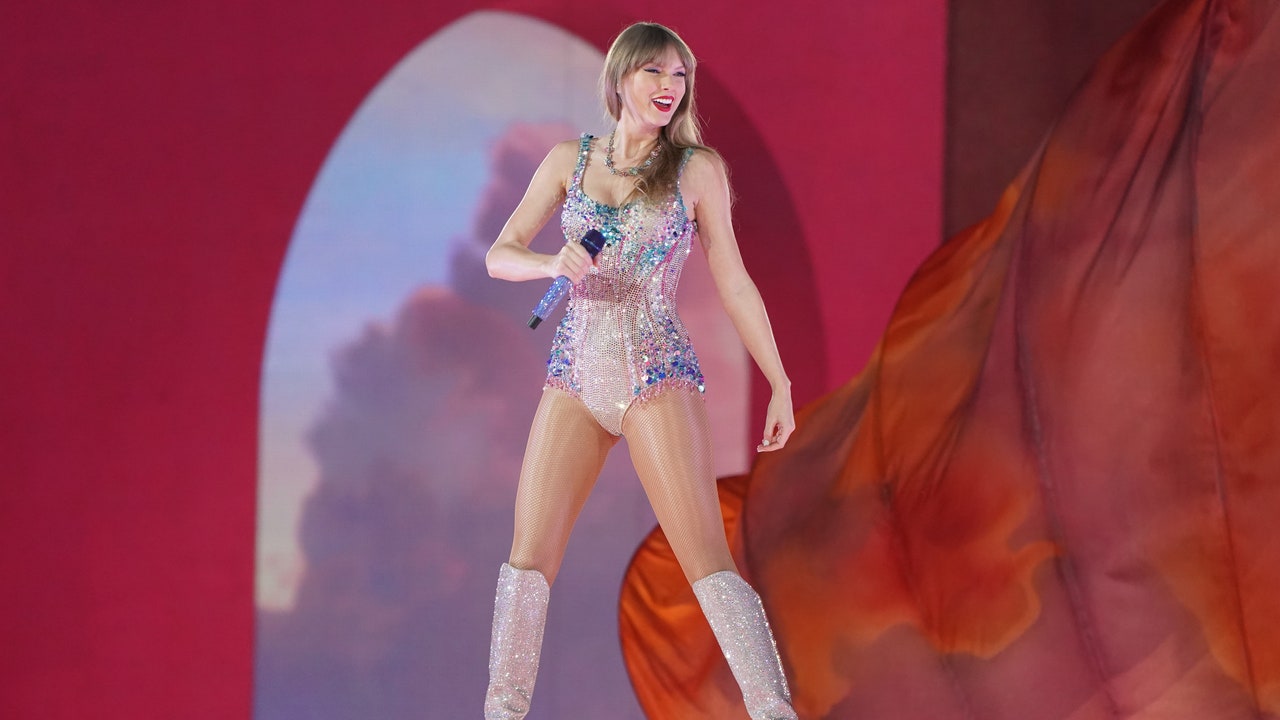One of the most classic children’s films, Mary Poppins, it’s not so much about childhood anymore. The sensational turning point comes in Great Britain, where the British Board of Film Classification (BBFC)the public body responsible for classifying audiovisual titles under the censorship rules has decided to do so Check the category where the 1964 Disney film is cataloged. In fact, the masterpiece with Julie Andrews has always been included in the list U bandwhich stands for it Universal-, i.e. a film that is suitable for everyone (our classic green label, so to speak); However, it has now changed to the “yellow sticker”. PG, parental guidance, meaning it is now a title that minors must watch when accompanied by adults. Nothing has changed about the scenes of the film itself, what has changed over time is the sensitivity to a certain type of scene discriminatory language used in dialogues.
Terms that are considered offensive
Based on the book series by Anglo-Australian writer PL Travers, Mary Poppins is employed London 1910, where a nanny with magical powers (Andrews) begins caring for a trio of lively children, aided by a singing chimney sweep played by Dick Van Dyke. own in relation to chimney sweepsTo indicate that her face is always covered in black soot, another character, the old and dazed Admiral Boom (Reginald Owen), uses the term “Hottentots“. The word, now considered archaic and offensive, was used since the 17th century, first by the Dutch and then by the English who colonized South Africa, precisely in reference to some local populationsand especially to the nomadic pastoralists now better known as Khoekhoe. The word, with uncertain etymology, may have referred to the language of these peoples, was considered stammering or, in any case, incomprehensibly repetitive, and was then expanded to mean generally and paternalistically any black person.
Today the term is final banned in South Africa and other English-speaking cultures are also distancing themselves further and further. The reclassification of Mary Poppins is still causing a stir, even if the BBFC says so themselves An accompanying viewing is recommended, which parents can use at their own discretion, but are aware of the possibility that the little ones learn the word and repeat it without knowing its true meaning. It’s not the first time that children’s films have received this kind of attention: When it debuted, the streaming platform Disney+ sparked discussions about the choice Include some warnings before some of his titles that contain stereotypical racial depictions. More recently, controversy has again arisen in the United Kingdom with the decision by Puffin Books publishers to remove some words deemed offensive in 2023 Books by Roald Dahl.




